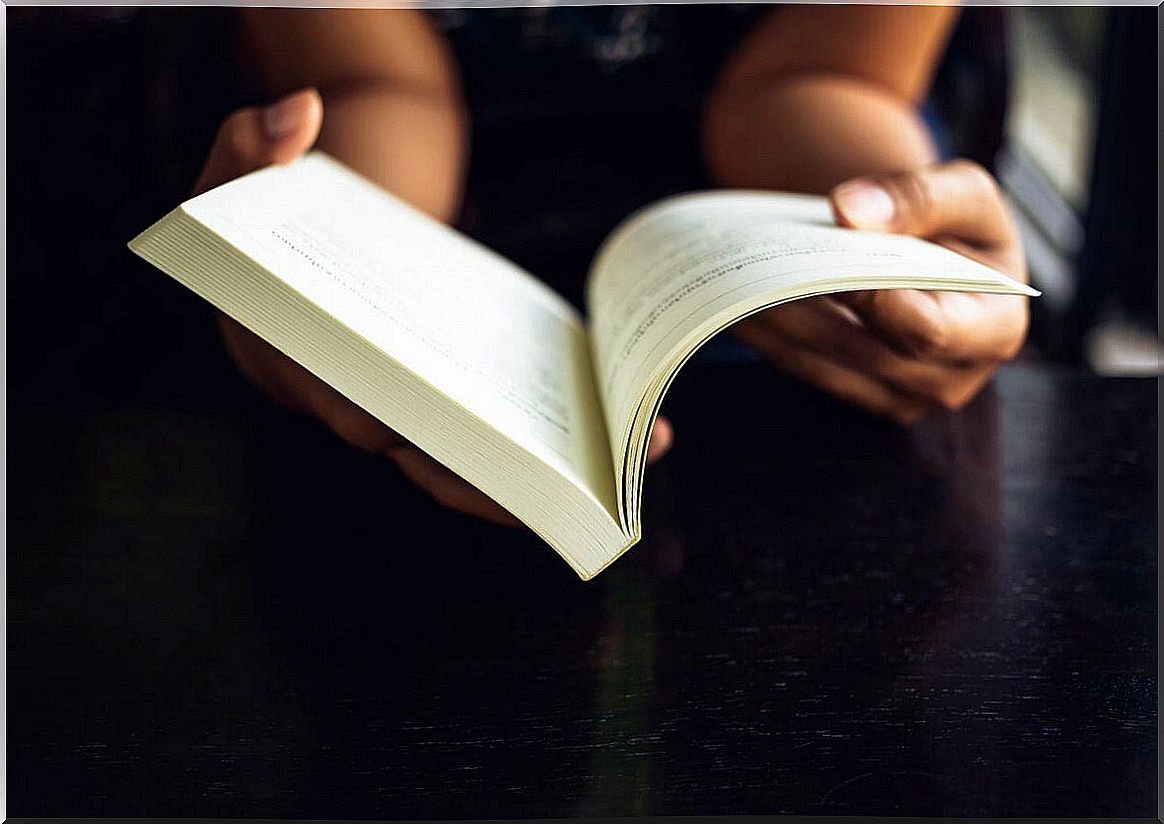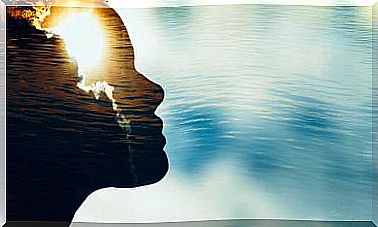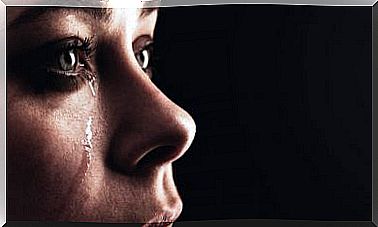What Are The Most Important Literary Genres?

What are the most important literary genres? The answer generates debate. For example, Greek authors already ranked or divided works according to their usefulness.
Today, updating this Hellenic tradition, we will identify the most important literary genres following a natural criterion, which is the one that most critics take as a reference today.
What are the most important literary genres?
As described by Germán Garrido Miñambres in his 2010 article for the Literature Magazine , the current comparison requires a rethinking of the literary genre from the historical point of view; since this has been modifying its cataloging with the passage of time based on the didactics of the subjects that the writings dealt with.
Today, the criterion used to divide literature is based on the characteristics of the communicative act. Therefore, this classification is natural (it has not been created by man), it has a universal character and it is immovable. From this point of view, we speak of 3 or 4 literary genres.

Lyric or poetry
It is the literary genre that is based on the expressive communicative attitude. Thus, a poetic text is one that expresses in a personal, subjective way, through emotional functions, such as intersections or exclamations.
The texts focus on a specific idea and are characterized by their musicality. However, verses are usually associated with poetry, and this is not correct.
For example, the Poema del Mío Cid formally has verses, rhymes, but it is not a lyrical text, but a narrative one. On the other hand, it should be noted that this genre is one of the oldest, since its composition facilitated oral transmission, so important when we did not have the help of writing and societies felt the need to transmit their historical legacy to the following generations.
Within the lyric, you can find different subgenres:
- Song.
- Eclogue.
- Elegy.
- Epigram.
- Anthem.
- Ode.
Epic (narrative)
The epic genre has a narrative attitude (tells a story) and a mixed one; since they intervene in the narration of the one who relates a series of actions carried out by some characters at a certain time and place. It is a natural genre because storytelling can be found anywhere in the world, with its variations in society.
Furthermore, the literary narrative is a self-referential or fictional narrative. That is, it does not correspond to reality, and this implies that the person who tells the story is not the author, but the narrator (the voice that the author creates).
For this reason, the story of Don Quixote is told by Cide Hamete Benengeli, the Moorish translator who found the papers where the adventures came and which, of course, was another of Cervantes’s inventions. Also, within the narrative or epic genre there are several subgenres as well:
- Story.
- Fable.
- Epic.
- Novel.
- Romance.
- Short story.
Dramatic
The theater is based on the representative attitude. Therefore, their texts are different because they are expressly created to be represented, in the same way as movies. Thus, when reading a theatrical text, the annotations are also important.
The best example to understand this is given in the work Say Yes by Griselda Gambaro, in which there is hardly any dialogue; since the information between the Hairdresser and the Man is given precisely in what is not said, in the silences, as a method to denounce that time of military dictatorship that Argentina suffered.
On the other hand, when one attends a play, one enters a kind of illusion of reality. That is, one has the feeling that what happens on stage is a reality separate from the world. This would be what some have called “the fourth wall”, but since the twentieth century the main objective has been to break it with actors who are inserted among the public, for example.
Even so, the truth is that the main subgenres continue to prevail:
- Tragedy.
- Comedy.
- Tragicomedy.
- Drama.
- Melodrama.
- Auto sacramental.
- Loa.
- Side dish.
- Sainete.

Test
Finally, although it is currently a topic that generates controversy among literary critics, the essay could also be considered as another genre apart, marked by its argumentative or expository attitude.
However, the problem of considering the essay as a literary genre has to do with the conception of literature that “how the message is transmitted is what is important.” In this sense, in the essay it seems more important what is said, rather than how it is said.
For this reason, if it is not considered, it would not be a genre of its own or, directly, it would not be considered literature.
The theory of literature, the one in charge of classifying the most important literary genres
Literature is one of the 7 fine arts for which you have an artistic pleasure. Therefore, it is normal that people sometimes decide what is and what is not literary. In fact, this is what has happened throughout history.
Literature theory is the one in charge of laying the foundations and making an effort to try to catalog the different creations. An effort that collides on many occasions – fortunately, and in a magical way – with the reality that each work is personal and unrepeatable because it belongs to an author, with its own context and a special sensitivity.









